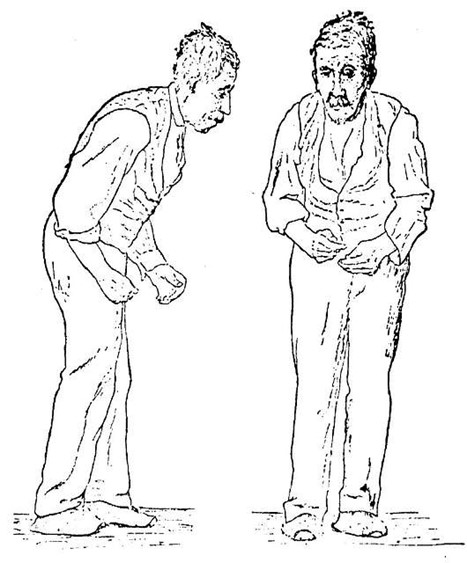The Anatomy of Hate: Unpacking the Triggers and Consequences
Hate is a powerful and complex emotion that has the potential to drive individuals and even entire communities apart. Understanding the root causes of hatred is crucial for building empathy, promoting tolerance, and fostering a more compassionate society. In this blog, we delve into the psychology behind hate, exploring the factors that contribute to its emergence, its impact on individuals and society, and how we can combat it through education and understanding.
The Nature of Hate
Hate is an intense emotion characterized by:
- extreme animosity
- resentment
- hostility toward an individual, a group, or even an idea
It can stem from a variety of sources, such as cultural, social, political, and personal factors. The reasons for hatred can be complex and multifaceted, making it a challenging topic to tackle.
Psychological Roots of Hate
- Fear and Insecurity: Hate often arises from a place of fear and insecurity. When individuals feel threatened by others’ differences or beliefs, they might resort to hate as a defense mechanism.
- Social Conditioning: Societal norms and cultural upbringing can play a significant role in shaping attitudes toward certain groups. Negative stereotypes and prejudices passed down through generations can contribute to hate.
- Group Dynamics: Hate can be amplified in group settings. The phenomenon of “groupthink” may lead individuals to adopt extreme beliefs they might not hold on their own.
- Dehumanization: Those who hate often dehumanize the object of their hatred, viewing them as less than human, which makes it easier to justify hostile actions.
The Internet and Hate
The rise of the internet and social media has transformed the way hate manifests itself. Online platforms can become breeding grounds for:
- hate speech
- cyberbullying
- spread of extremist ideologies
The anonymity provided by the internet can embolden individuals to express hate without facing immediate consequences.
Impact of Hate on Individuals and Society
Hate has far-reaching consequences that can affect both the targets of hatred and those who harbor these feelings. Some effects include:
- Psychological Toll: Hate can lead to increased stress, anxiety, and depression for both the hater and the victim.
- Social Divisions: Hate perpetuates social divisions and hampers efforts to create an inclusive and harmonious society.
- Violence and Conflict: In extreme cases, hate can escalate into violence and conflict, causing immeasurable harm to individuals and communities.
Combatting Hate Through Education and Empathy
- Education: Raising awareness about the psychology of hate and its consequences is crucial. By educating people about the roots of hate, we can work towards dismantling prejudice and fostering understanding.
- Promoting Empathy: Encouraging empathy can help individuals connect with others on a deeper level, bridging gaps and reducing animosity.
- Addressing Inequality: Tackling systemic inequalities can diminish the conditions that foster hate in the first place.
- Responsible Social Media Use: Online platforms must take a stand against hate speech and cyberbullying, promoting positive and respectful interactions.
To learn more, click here and check out this summary from MedicineNet.
By promoting empathy, education, and responsible internet use, we can work together to combat hate and strive for a more compassionate and harmonious society.




